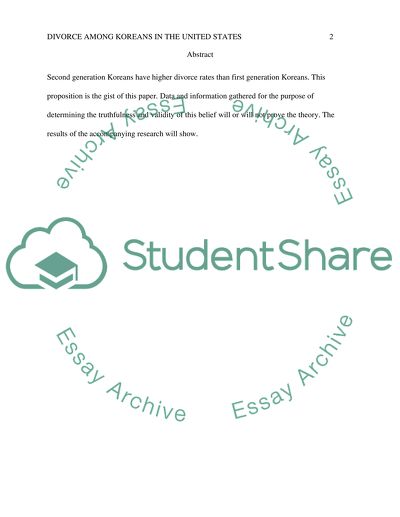Cite this document
(“Divorce Among Koreans in the USA Research Paper”, n.d.)
Divorce Among Koreans in the USA Research Paper. Retrieved from https://studentshare.org/miscellaneous/1520880-divorce-among-koreans-in-the-usa
Divorce Among Koreans in the USA Research Paper. Retrieved from https://studentshare.org/miscellaneous/1520880-divorce-among-koreans-in-the-usa
(Divorce Among Koreans in the USA Research Paper)
Divorce Among Koreans in the USA Research Paper. https://studentshare.org/miscellaneous/1520880-divorce-among-koreans-in-the-usa.
Divorce Among Koreans in the USA Research Paper. https://studentshare.org/miscellaneous/1520880-divorce-among-koreans-in-the-usa.
“Divorce Among Koreans in the USA Research Paper”, n.d. https://studentshare.org/miscellaneous/1520880-divorce-among-koreans-in-the-usa.


